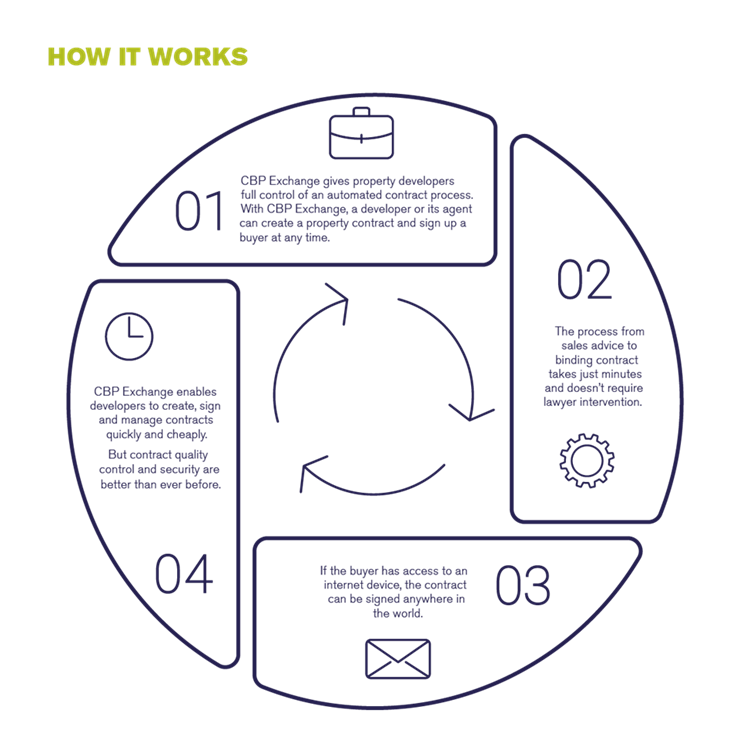In brief - During the Covid-19 pandemic, the Queensland Government introduced a number of temporary measures to facilitate the electronic execution of documents. Those measures have now been made permanent.
From 30 April 2022, the temporary Covid-19 regulations regarding electronic signatures and remote witnessing have been made permanent under the Justice and Other Legislation Amendment Bill 2021 (the Act).
The move removes the need for in-person execution for a range of documents, which will improve efficiency and brings Queensland into line with New South Wales and Victoria. Those states introduced similar changes late last year.
The Act includes amendments to the Property Law Act 1974 (Qld), the Oaths Act 1867 (Qld) and the Powers of Attorney Act 1998 (Qld), and most notably allows:
-
deeds, declarations, oaths, affidavits and general powers of attorneys for businesses to be signed electronically;
-
deeds and general powers of attorneys for businesses to be signed electronically or physically without a witness;
-
corporations to execute deeds without using a seal, and if a seal is used, affixing the seal may be witnessed by videoconference;
-
witnessing for documents such as affidavits, declarations and oaths to be by videoconference and verified by a signed counterpart or true copy; and
-
deeds and general powers of attorneys for businesses to be signed by counterpart or true copy.
Most people will have signed documents over the past two years with DocuSign or other similar applications. Under the Act, any method of signing is acceptable if that method:
-
identifies the signatory and their intention;
-
is "as reliable as appropriate" for the circumstances; and
-
is consented to by all signatories.
Further guidance on acceptable methods may come from regulations or guidelines made by the Queensland Government or decisions of Courts in Queensland when methods of signing are challenged.
We use a number of different applications to manage the execution of documents. These include our online conveyancing platform, CBP Exchange, which allows for the issue and exchange of property e-contracts and statutory disclosures, and provides real-time reporting on the status of contracts issued and properties available for sale.

For our leasing clients with a large property portfolio, we have developed our online status reporting system. CBP Lease Manager. This platform allows us to create tailored reports for our clients about the status of their leasing matters, and to provide them access to key lease data and documents.
This is commentary published by Colin Biggers & Paisley for general information purposes only. This should not be relied on as specific advice. You should seek your own legal and other advice for any question, or for any specific situation or proposal, before making any final decision. The content also is subject to change. A person listed may not be admitted as a lawyer in all States and Territories. © Colin Biggers & Paisley, Australia 2024.